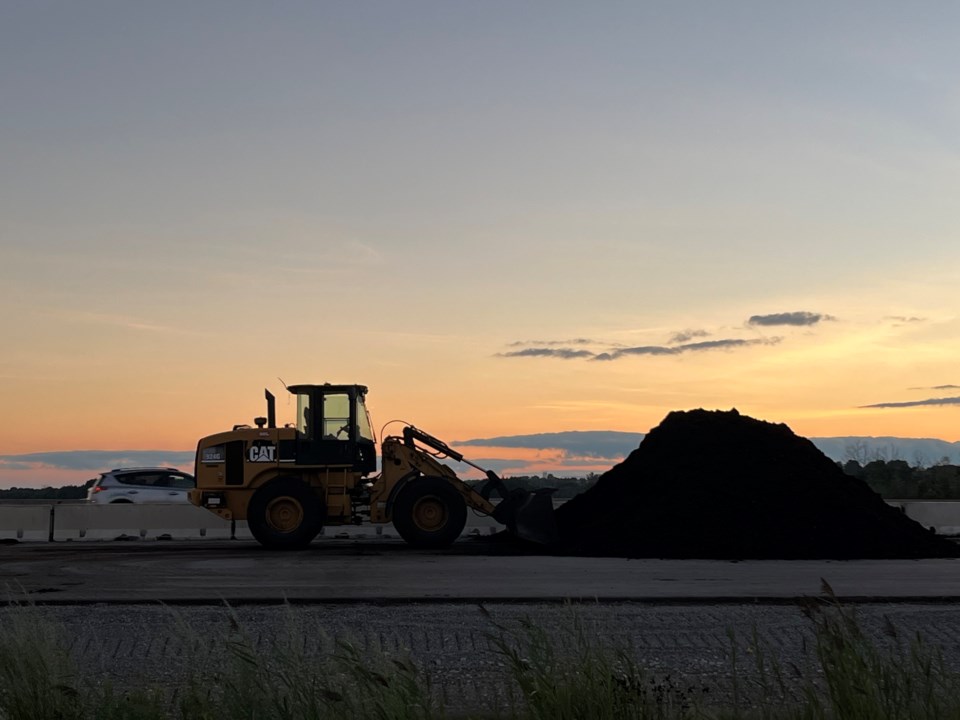BarrieToday welcomes letters to the editor at [email protected]. Please include your full name, daytime phone number and address (for verification of authorship, not publication).
*************************
While every political party has identified the shortage of affordable housing as a critical issue, especially in light of the proposal to increase immigration to 500,000 a year by 2025, I believe that the measures outlined in Bill 23 to address it are wrong and shortsighted.
Not all Greenbelt areas are equal and simply swapping out important, previously protected Greenbelt areas, land that Premier Ford vowed would never be touched, is unacceptable.
Once this land is gone, it is gone forever. Sacrificing important Greenbelt areas to facilitate more urban sprawl threatens our water and wetlands, most notably Lake Simcoe in our area, puts significant species at risk through habitat destruction, and reduces our forests, which are important defences in combating climate change. Indeed it threatens the very people who might live on these acquired Greenbelt lands with issues pertaining to flooding and erosion, which can impact their ability to obtain insurance.
While everyone needs an affordable home, be it rental or ownership, we know the dream of owning a single-family home or townhouse simply is not possible for many and not sustainable; we have to rethink housing solutions. In looking to Europe or Asia, the solution is intensification (i.e., building more multi-unit buildings or apartments that can be well served by public transit, community parks, gardens and recreation). Currently, according to a recent report, almost half of the condo units are bought on speculation and fail to address the housing shortage.
In addition, provisions in Bill 23 reduce development charges, which are an important source of income for municipalities and without which infrastructure cannot be built or maintained or strengthened.
As Deputy Mayor Ralph Hough lamented in the Nov. 9 council meeting, we need development charges as we simply do not have the financial resources or reserve funds to draw upon without them. Local taxes will therefore have to be increased and borne by residents, some of whom are already being crushed by inflation and with mortgages facing higher interest rates.
Bill 23 also severely curtails the ability of local councils to tailor development to suit the needs of their community. My township of Oro-Medonte has invested hundreds of hours drafting and preparing an Official Plan, which is supposed to guide us in the years going forward. Bill 23 simply negates all their work, which, frankly, is an insult to the people involved and leaves the future open to piecemeal, patchwork and potentially reckless development, especially as Bill 23 effectively eliminates the important role of conservation authorities.
Mayor Hughes noted in the last council meeting that it is no coincidence that the opportunity for comment on the bill ends on Nov 24. It is exactly the time when the outgoing municipal councils are finished and before the new council takes its place, thereby effectively shutting down the ability of municipalities to launch an effective campaign to change the bill. He believes the government plans to steamroll ahead with it and the road ahead is clear.
Ford has the majority he needs to push this bill through, but Ford has also shown he is pragmatic and will bend to mounting public anger and pressure. People with concerns about the impact that Bill 23 will have on urban sprawl, the environment and the ability of our local governments to manage growth, development and resources need to make their opinion known.
Take immediate action. Write the premier, your MPP, Minister of Municipal Affairs and Housing Steven Clark, and Minister of the Environment, Conservation and Parks David Piccini, and ask them to bring about important changes to this proposal to protect our essential Greenbelt spaces and ensure a better future for all.
Debbie Palmer
Oro-Medonte
*************************



